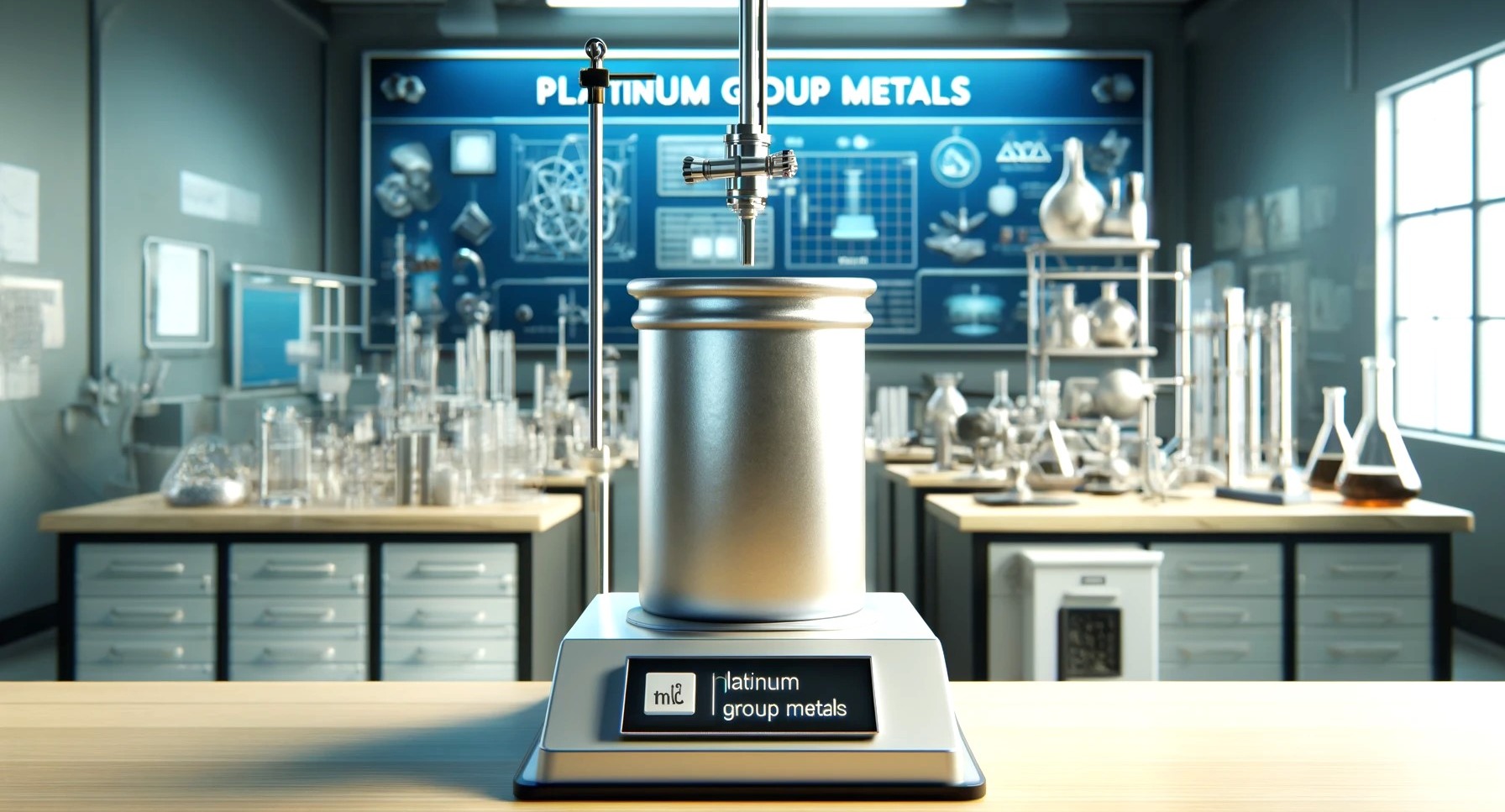Revolutionizing PGM Recycling: Efficient Recycling of Platinum Group Metals

KEY INFORMATION
Waste Management & Recycling - Industrial Waste Management
TECHNOLOGY OVERVIEW
Platinum group metals (PGMs) are critical raw materials essential in diverse industries, including automotive catalytic converters, jewelry, glassware, petrochemical refining, electronics, and healthcare sectors like pharmaceuticals and dental implants. Primarily sourced through the mining of PGM ores, they constitute about 70% of the global PGM supply, with South Africa and Russia accounting for 85% of this production. This concentration in supply can lead to price gouging and market monopoly. Recycling PGMs from waste not only mitigates the supply shortfall but also reduces environmental impacts compared to mining. However, conventional recycling methods are energy-intensive, requiring temperatures around 1500°C, and involve costly downstream processing to treat waste. Furthermore, the high processing temperatures result in high-value raw materials being burnt and releasing harmful toxins.
The technology owner has developed a novel biorecovery method that incorporates and modifies a series of biochemical and biological processes into a streamlined 3-stage process as opposed to the multi-tiered stages of current conventional methods used in industry. It offers the following advantages over the competition:
- Energy Efficiency: consumes 6x less energy than traditional methods
- Cost Effective: 3x cheaper in operation cost
- High Yield: capable of recovering multiple PGM simultaneously with high yield even from low-grade waste
- Sustainability: support company decarbonization goals by offering a truly green and sustainable recycling manner for spent catalyst
TECHNOLOGY FEATURES & SPECIFICATIONS
The core process and specifications of the technology are summarised as follows:
- Statistically-Optimised Ultrasonication: as a key pretreatment step, this sonication method effectively removes all undesirable metals from waste, isolating PGM-rich materials, called the PGM-preconcentrated stream, enhancing the efficiency of subsequent steps.
- Bioextraction Technique: secondly, utilise a novel and unique bioextraction technique to extract PGMs from waste with high efficiency (i.e., 99% recycling rate per cycle for rhodium (Rh), 92-95% per cycle recycling rate for platinum (Pt) and palladium (Pd)). It can be employed at a commercial scale without compromising yield.
- Bioreduction, Bioaccumulation, and Bioprecipitation: a combination of these improved biological processes are used in the third step to produce PGM into powder form which further undergoes separation and purification to produce high-purity PGM products.
POTENTIAL APPLICATIONS
This technology is ideal for industries that are interested to recycle their spent catalysts. The potential applications are as follows:
- Catalyst manufacturers
- Precious metal recycling companies
- Electronics and lithium ion battery (LIB) manufacturers
- Waste management companies
Unique Value Proposition
- Modular design: reduced logistics costs and downtime
- Lower cost (CAPEX & OPEX) compared to existing technologies
- Superior recovery rate: even for low-grade wastes
- Sustainable and efficient recycling: offer significant step towards decarbonisation in industrial practices
